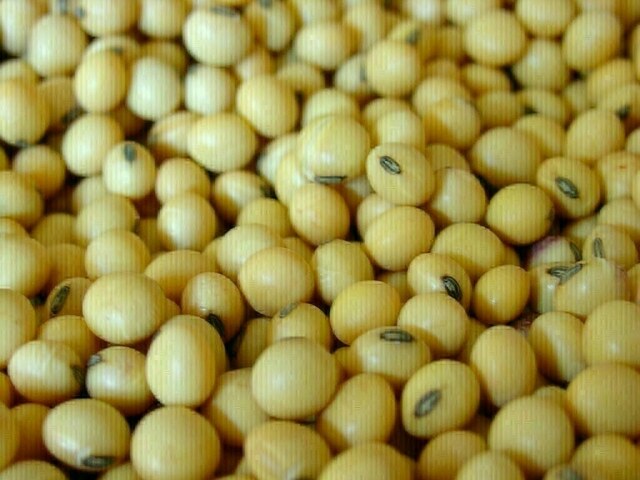SAO PAULO: Soyabean farmers in top growing state Mato Grosso worry that scarce rains and high temperatures will lead to replanting of some areas while lowering yields in others, said local grain farmer lobby Aprosoja-MT on Thursday.
The unusual heat and dryness has been linked to the El Nino weather pattern, which is also causing a severe drought that is draining Amazonian rivers and disrupting grains shipments in the North of Brazil.
In the South of the country, El Nino has slowed soya planting as excess rains make farmers in third biggest producer Rio Grande do Sul afraid to start sowing, crop agency Emater-RS said.
Aprosoja-MT said extreme weather conditions could increase costs for farmers who have to replant their soya and could cause sowing of Brazil’s second corn and cotton to miss the ideal climate window in the Center-West.
So far, however, the government and analysts still believe Brazil will reap a record soya crop between 162 and 164 million tons in 2023/24.
According to Aproclima, Aprosoja-MT’s climate monitoring project, some regions in the south of Mato Grosso have recorded temperatures above 44 degrees Celsius (111.2 degrees Fahrenheit).
Accumulated precipitation over the last seven days was below average in Mato Grosso, adding up to less than 20 millimeters (0.8 inch) of rain over areas where it rained the most, LSEG data shows. Mato Grosso accounts for nearly 30% of soyabean production in Brazil, the largest global producer and exporter of this commodity.
In recent days, dry weather has pushed back soya planting there. Further delays are likely as the prospect of rain for next week are not ideal.
“We have many places in need of replanting, but the assessment will be done after it rains and when it rains,” Fernando Cadore, president of Aprosoja-MT, said in a statement sent to Reuters. “With high temperatures … the situation is very worrying, extremely adverse,” he added.

Source: Brecorder



























